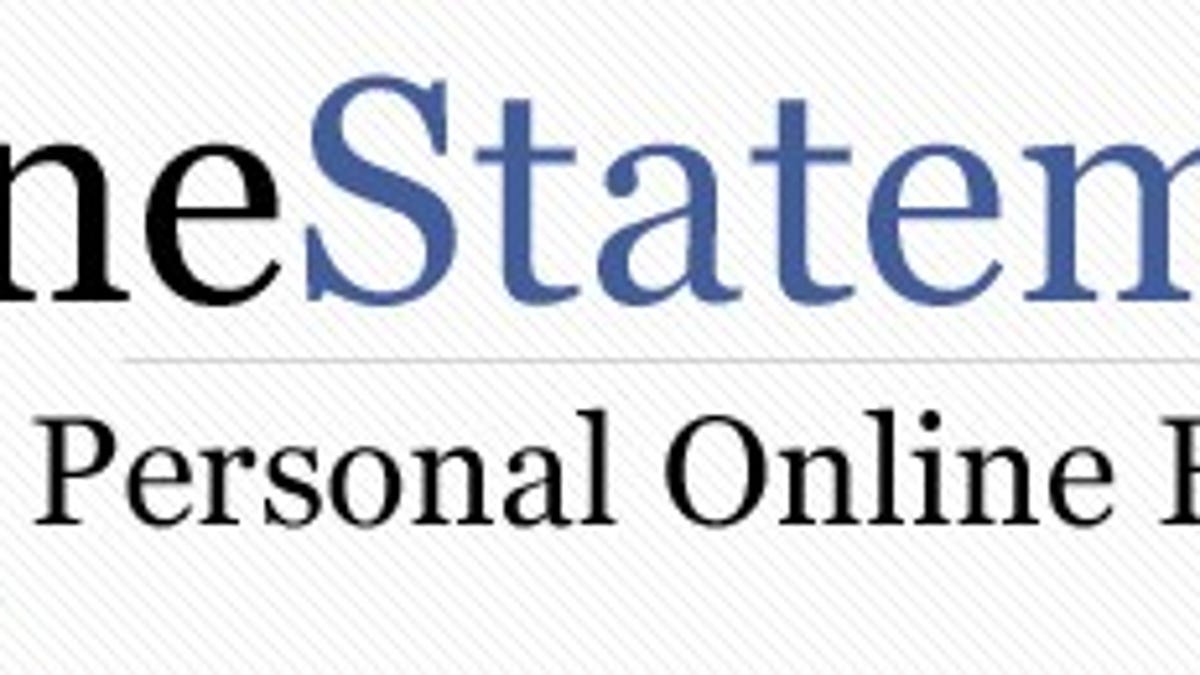Your budget in a browser
New services help to manage your money online.

While you look back at your personal financial damages and delights from 2006, the time is ripe to consider how to manage money differently in 2007. A handful of new services allow you to track spending and monitor payments and investments online.
There still aren't many independent, Web-based services for handling personal finances. Big vendors tend to take care of that business, as is the case with the leading personal finance applications, Intuit Quicken and Microsoft Money. However, while Intuit offers online backup, there's no way to remotely reach your transactions while away from your main computer (unless you use a third-party, remote access service such as LogMeIn). Microsoft Money offers online access to your account register, but that data is locked behind a Windows Live (formerly Passport) ID that you may also use for mundane tasks, such as checking a Windows Live Mail or Hotmail in-box. And frankly, sometimes I'd like personal finance software with fewer features and frustrations than the often-complicated leading applications. Although they lack the depth and breadth of Quicken and Money, these Web-based alternatives to downloadable personal finance programs offer different twists on managing your money:
Foonance lets you add and tag expenses, but it sent my password--in clear text--via e-mail. Very naughty! I found no way to link to my online account as advertised, so I had to add transactions manually. There's no help page, although you can easily find an e-mail address to ask questions. The name is cute, but I can't endorse this service as it stands.
Wesabe looks promising (see Rafe Needleman's post here). It even stores your password on your desktop so that it's not floating around the "series of tubes." Wesabe lets you manage money while it hooks you up with other people in order to share investment tips. A lot of people into sustainability appear to use Wesabe. I found questions about green mutual funds and composting, for instance. You can upload QIF data from your bank and credit card accounts.
OneStatement is still in development, so I haven't tried it, but judging by its buttons for Reports, Budget, and Backup seen on a preview screenshot, OneStatement appears to offer traditional features that you might find in Quicken or Money.
DimeWise imports OFX files, or is supposed to. It wouldn't import mine, which only contained one month of checking account data. But if I can get it to work later, I'll see how useful its reports are. Hopefully that will happen within the 30-day free trial period, because I'm not willing to pay $5 a month for a service that has a fraction of the features found in Quicken or Money, which cost less over a year.
Mo.neyTrack.in manages accounts and projects, and it lets you create pie charts to analyze patterns. But in Internet Explorer 7, it kept sending me error messages when I tried to do simple things, such as open my main account. I'll give it more time to work out the beta kinks and will check back later.
On another note, Buxfer, iOweyou, and BillMonk let you track how much money you and other people might owe each other, which could be handy if you frequent restaurants with friends or if you share a car with someone. These are examples of sharing services that software living on a lone desktop can't provide.
So far, I haven't found an online service that looks appealing enough to convince me to drop Quicken or Money, but I plan to follow these tools more closely in the new year. Hopefully some of these beta rough drafts will improve soon.